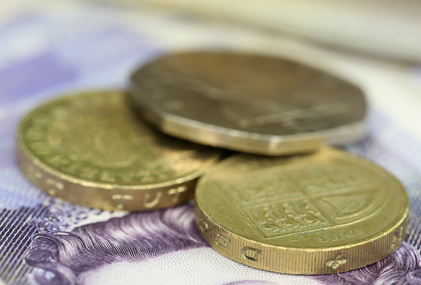To offer an IVA to creditors, a debtor must be insolvent and be able to make contributions to the IVA to settle debts and to pay the administrative costs of the arrangement.
Such contributions may consist of a lump sum – as for example the proceeds of sale of a property or equity released via re-mortgage or moneys provided by a family member – or simply be regular payments from disposable income. A combination of lump sum and regular income-based contributions is also possible.

Disposable income is the money you have left over when you have paid all reasonable living costs both for yourself and for any dependants you may have. The amount of Disposable income you have will depend entirely on your circumstances. Your income for example will be comprised of your take home pay from your employment, benefits, pensions, tax credits, dividends, child allowances, lodger rental and so on. Reasonable living expenses will for example include the cost of mortgage or rent, council tax, utilities such as water, gas and electricity, food, housekeeping, telephone and mobile, TV & internet, life insurance, house insurance, vehicle running costs (HP, fuel, parking, car insurance, road tax, repairs and servicing), clothing and footwear, optical dental and medical needs, as well as all the normal costs incurred in supporting your family.
Insolvency is not confined to people who are in employment. People whose income is comprised solely of benefits may find themselves to be insolvent and unable to pay their debts as they fall due. Can such an insolvent person enter into an IVA? The resounding answer is YES!
Provided there is a reasonable level of Disposable income available, creditors cannot reasonably exclude such a debtor from utilizing the solution of an IVA. In fact creditors have considerably softened their stance in recent years and have adopted a more inclusive attitude towards debtors whose income is benefits based. A reasonable yardstick to use is that DI is at least £200 per month. If the benefits are means tested then it may be difficult for the debtor to have this amount available. If the benefits are not means tested then there is more likelihood that the Disposable income will reach at least this level.
Creditors may still exercise their right to reject your IVA proposal particularly if the level of your debts is high and the dividend is low. However, creditors are aware that if you were to be made bankrupt, they would generally receive a much lower dividend and in many bankruptcy cases they receive no dividend at all. From their perspective, half a loaf is better than no bread. To find out about all of your options, including that of an IVA, contact a reputable Insolvency Practitioner for advice.